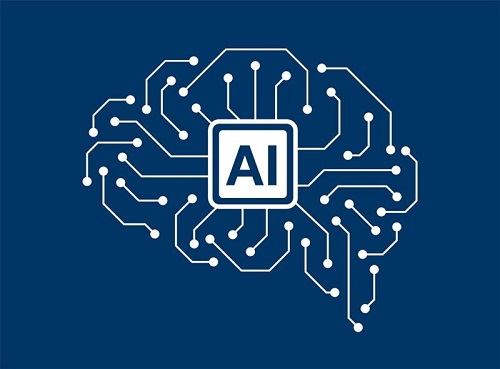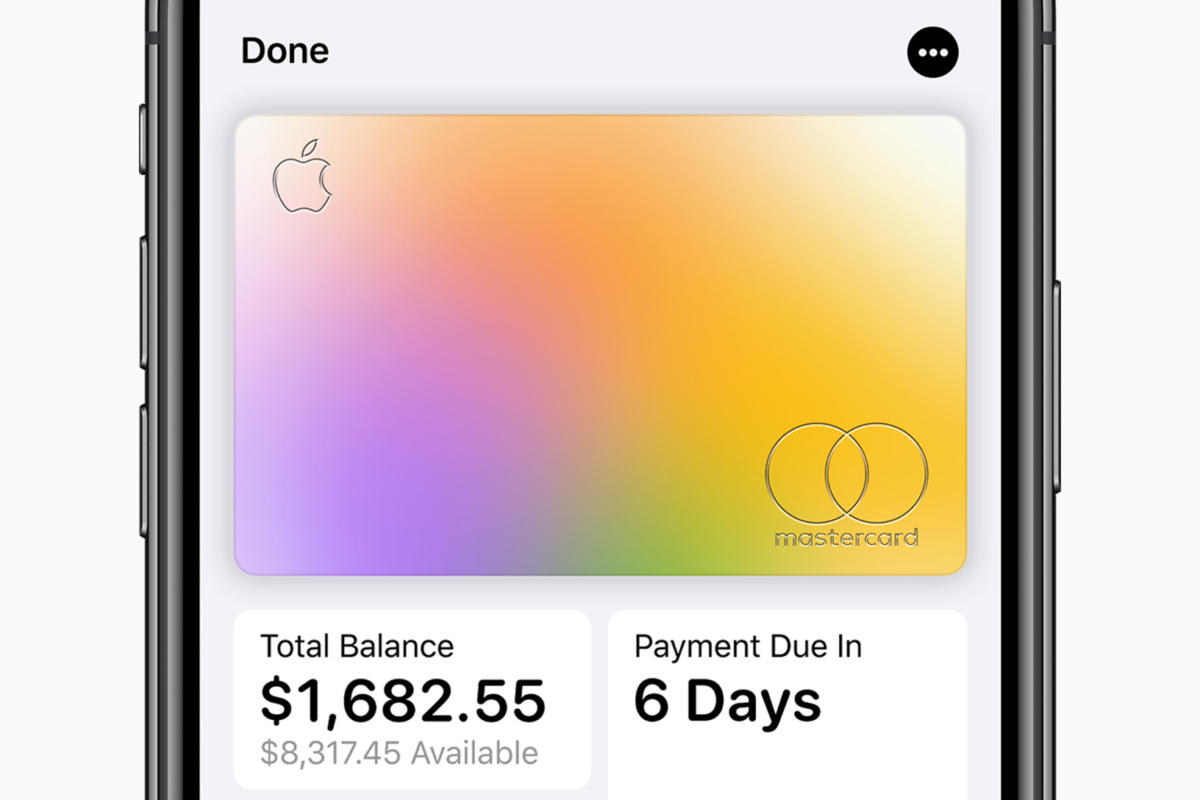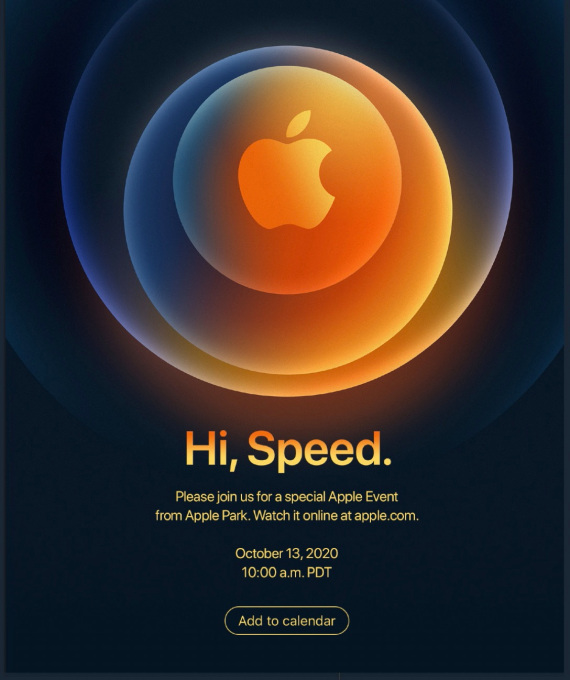Is Artificial Intelligence Capable of Generating SEO Content?

The possibilities for using artificial intelligence (AI) in practical settings expand as the technology does. Our smartphones presently employ AI to detect voice commands when we want to rapidly access information and apps, and businesses also use AI to analyze data patterns. But because to recent developments, AI is now playing the part of an artist (or at the very least, a new tool or medium for artists to experiment with).
An artificial intelligence (AI) may be educated using millions of examples of text or images using machine learning, and after that, it can create its own material in response to human input. The AI will then produce an image or block of text depending on the input prompt, frequently with results that seem to have been produced by a person.
You’ve probably seen computer-generated images or text if you’ve recently perused Twitter or Instagram. Maybe you’ve read a ridiculous plot summary of a fictional movie sequel or seen an anachronistic depiction of a modern pop singer in a vintage painting. These were most likely produced using machine learning technology in the form of AI.
How Does Machine Learning AI Work for Content?
Machine learning AI is referred to as neural networks like GPT-3. In order for them to effectively recreate a format with original material, they are trained on millions or even billions of text samples, assessing the form, function, grammar, and other factors.
As a result, AI excels at reproducing patterns and creating engaging content. However, content has to be more than just well produced in order to be helpful for SEO.
Challenges AI Must Overcome
Although AI may appear to be a valuable tool for content creation, it nevertheless has significant drawbacks. There are various obstacles that AI must get beyond before it can take the position of human authors.
Google Considers AI-generated Content to be Spam
In a Google SEO office hours hangout recorded on April 1, 2022, Google Search Advocate John Mueller discussed the company’s current views on AI-generated content. According to Mueller, Google considers automatically generated content to be spam with no value, and has determined that some AI-generated content fits into that category. This means if Google recognizes that a site is using AI-generated content, that site will see an impact on its ranking.
However, in this same exchange, Mueller claimed that Google currently had no way of detecting handwritten versus AI-generated content. Instead, he suggested that both AI, as well as the Google algorithm’s ability to detect it, would continue to advance in response to one another. Perhaps Google will eventually be able to detect AI-generated content. It is also conceivable that eventually, AI will become sophisticated enough to once again generate content that Google can’t recognize.
That may not be an entirely fair assessment, however. Google’s algorithm already serves to rank a page’s quality based on its content. Because of this, it is good at weeding out content that wasn’t written with users in mind. This means that, in some ways, it is already prioritizing good handwritten content over good computer-generated content.
AI-generated Text Sounds Unnatural
In its current form, AI-generated text can use phrasing and word choices that sound a little unnatural. Because an AI is trained on a specific set of text, it can do a good job of mimicking writing styles, but it may lack a coherent voice. It may also incorrectly use idiomatic expressions, or miss other considerations that are second nature to a human voice.
Even if these idiosyncrasies slip by Google, they will often jump out to readers and create an off-putting experience.
SEO Is Complex
Generating content that is valuable for your website’s users requires a number of considerations. Information must be organized with the reader in mind. You need to choose keywords strategically and place them naturally. You should design content carefully to incorporate EAT-boosting links to external sources. The overall flow of writing must meet high standards. And you must write the content with an intended audience in mind.
In short, writers need to be able to adapt to many different situations to deliver valuable content to users. Additionally, effective SEO requires a complex strategy with many different parts. Content generation itself is only one small part of a concerted effort.
You must also consider link building, traffic analysis, and the ever-evolving Google algorithm, all of which require agility and nuance and have a direct bearing on content needs. SEO is a team-based field that requires the efforts of many innovative individuals. AI is simply not ready to handle all these considerations.
The Future of AI in Content Generation
There are several factors to take into account while creating content that will be useful to your website’s visitors. The reader must be considered while organizing the information. Strategic keyword selection and placement are required. When creating material, be sure to include EAT-boosting links to outside sources. High requirements for writing flow must be met. Additionally, you must consider your audience when writing the material.
Making text that looks like a human wrote it is just the first step in a long journey toward quality content. Google’s algorithm continues to evolve to serve users with the best information for their queries. This means it favors thoughtful content that is hand-crafted for a specific audience and purpose. As such, AI in its current state is still far off from being able to replace content creators without significant editing and human intervention for quality control, strategy, and optimization.
But machine learning AI is already capable of analyzing a piece of writing and offering simple grammatical or word-choice recommendations. Perhaps in the future, machine learning will get to the point where it can identify form and provide guidance by offering ideas for the general organization of material.
In addition, just as the world of SEO is always evolving, we will probably see AI applied in ways we can’t now imagine.






